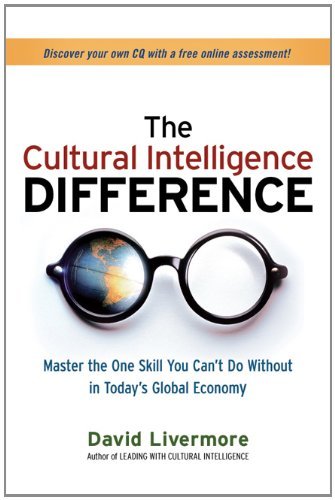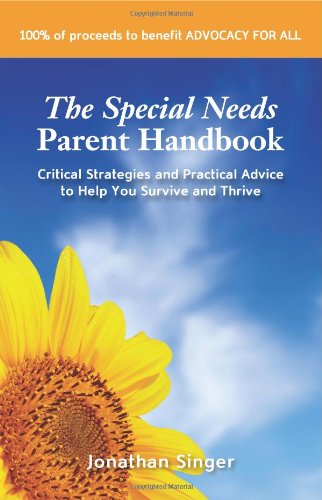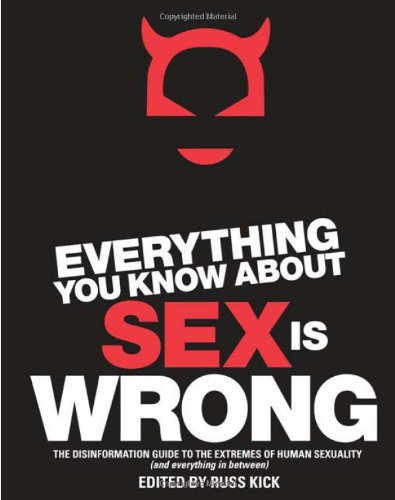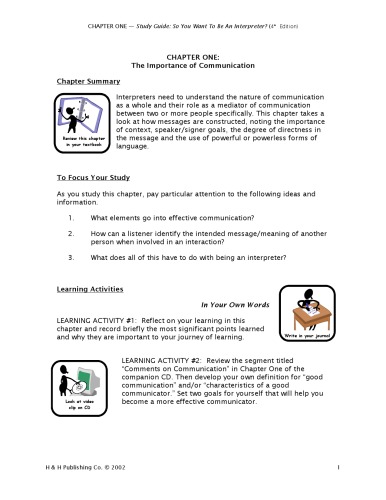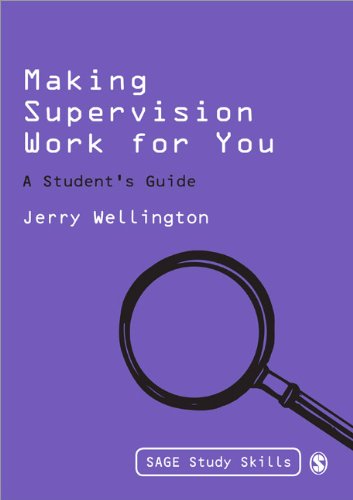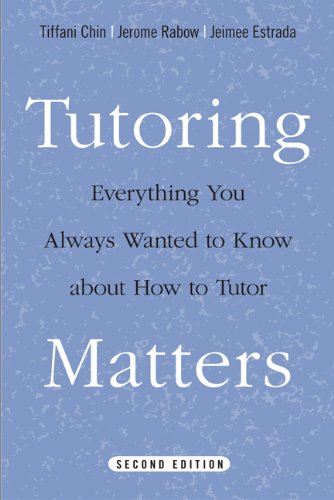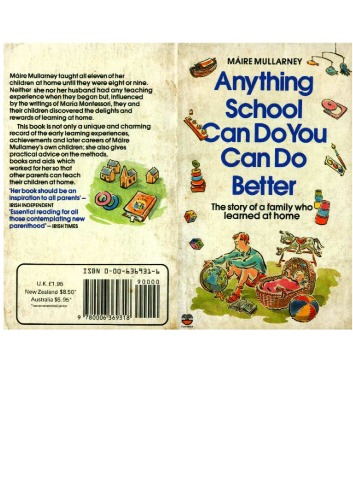موضوعات
آموزش و پرورش
ادبیات و زبان
پزشکی، دندانپزشکی و داروسازی
تاریخ و جغرافیا
داستان و رمان
دیگر
دین و فلسفه
روانشناسی
ریاضیات و آمار
سلامتی، تناسب اندام و رژیم غذایی
شیمی و پلیمر
علوم اجتماعی و حقوق
علوم زیستی و بیوتکنولوژی
فیزیک و نجوم
کامپیوتر و اینترنت
کتابهای کودکان و داستان
کسب و کار و اقتصاد
کشاورزی و دامپزشکی و غذا
معماری
مهندسی و فناوری
هنر و تئاتر
محصولات
Lesson Plans to Train Like You Fly: A Flight Instructor's Reference for Scenario-Based Training - Original PDF
نویسندگان: خلاصه: viiican surely have a positive impact on student decision-making behavior.Accident statistics consistently remind all of us who flight instruct thatthis is a critically important goal.In Lesson Plans, Arlynn successfully bridges the gap between the the-oretical and the practical. In the “real world” most instructors spendmore time in front of a whiteboard than at a computer monitor. Makinginstruction simple, clear, and easy to repeat provides the instructor withmore tools for their teaching bag-of-tricks. This excellent text adds avery valuable tool to that bag. I plan to add it to my flight bag, and I hopeyou will as we64 Things You Need to Know in Chess - PDF
نویسندگان: خلاصه: Because women want a direct approach when seeking answers to questions about menopause, Dr. Michele Moore has written a book that recognizes the individuality of women as it addresses their concerns in dealing with the changes of menopause.The Only Menopause Guide You'll Need is written for all women who are making decisions about treatment for symptoms of menopause. Dr. Moore invites the reader to assess her individual situation by looking into her own medical history and talking with a trusted health advisor. She helps the reader make informed choices about her treatment, should treatment be chosen, and offers a balanced account of options that range from traditional medical practice to holistic and alternative approaches. Above all, she encourages the reader to accept responsibility for her choices and to deal with the consequences of those choices while remaining proactive throughout the process. She also emphasizes the need for each woman to monitor her health condition closely and to reassess her situation as her health needs change through the years. Dr. Moore incorporates in the book her own experience with perimenopause, menopause, and postmenopause, as well as stories of her friends, neighbors, colleagues, and patients. She provides information about symptoms and treatment--including lifestyle changes and herbal and homeopathic remedies in addition to the treatments offered by traditional allopathic medicine. Hers is an empathetic and broad-minded voice that draws readers in at the same time it informs them, so that they can deal with inevitable changes in body, mind, and spirit."As women, we are accustomed to cycles and seasons, but the crossing of the threshold of menopause into autumn brings grief, rage, fear, and great sadness to many women. Have you ever on a luminous autumn day had a shiver of anticipation of winter to come? And felt regret at the passing of the summer flowers and warmth? You might forget at that moment about the different pleasures of winter, and that spring and autumn come again, and that the seeds that are dormant or started in winter burst forth in glory come spring." -- from The Only Menopause Guide You'll NeedThe Cultural Intelligence Difference: Master the One Skill You Can't Do Without in Today's Global Economy - PDF
نویسندگان: خلاصه: Most people know that some basic cultural sensitivity is important. But few have developed the deep cultural intelligence (CQ) required to really thrive in our multicultural workplaces and globalized world. Now everybody can tap into the power of CQ to enhance their skills and capabilities, from managing multi cultural teams and serving a diverse customer base to negotiating with international suppliers and opening offshore markets. "The Cultural Intelligence Difference" gives readers: a scientifically validated instrument for measuring their personal CQ score; customized strategies for improving interactions with people from diverse cultures; new findings on the bottom-line benefits of cultural intelligence; examples of major organizations that use CQ to achieve success; and, a high CQ points to more than just cultural sensitivity. It is linked to improved decision making, negotiation, networking, and leadership skills - and provides a crucial advantage in a crowded job market. "The Cultural Intelligence Difference" delivers a powerful tool for navigating today's work world with finesse - and success.The Special Needs Parent Handbook: Critical Strategies and Practical Advice to Help You Survive and Thrive - Original PDF
نویسندگان: خلاصه: The Special Needs Parent Handbook provides practical advice for any parent of a child with special needs, for caregivers of children with mild learning disorders to those with severe cases of autism, cerebral palsy or other disabilities. Learn more about: Hiring babysitters and free respite help Finding the best and kindest doctors Keeping the family together Taking care of your health Strategies for inclusion and recreationBeing a strong advocate for your child Planning for the futureEverything you know about sex is wrong: the disinformation guide to the extremes of human sexuality (and everything in between) - PDF
نویسندگان: خلاصه: Orgasms, sexual inventions, spirituality, high-tech porn, gender-blending, hustling, masturbation, politics, airplane sex, disabilities, sex magick, biblical erotica, advertising, first times, sex in space, asexuality, group sex . . . are you ready for Disinformation’s look at the world of sex?Master anthologizer Russ Kick has immersed himself in the many and varied worlds of sex writing, producing a definitive collection exposing reality that’s way, way stranger than XXX fiction. Profiled in The New York Times as an “information archaeologist,” Russ digs where others would not think to look for delicious details on the present, past, and future of sex, including: The first-ever look at the FBI’s porn collection (the Obscene Reference File), complete with reproduced documents FAA reports about people having sex on commercial flights—the so-called “mile-high club” A look at brilliant, kinky, and scarce sex-zines, such as Frighten the Horses, Taste of Latex, Future Sex, and Pucker Up, as well as Sexology, published by Hugo Gernsback, the father of science fiction The forgotten sex books of Charles Atlas (“Hey, quit kicking sand in our faces, you bully!”)This massive, oversized anthology features a panoply of sexperts, everyone from prostitutes to professors, legends to newcomers, sexual revolutionaries to sexologists and beyond, providing a varied and unexpected look at sex, challenging our notions of what is possible and in turn exciting, enervating, frightening, and freaking us out.Russ Kick is the editor of You Are Being Lied To, Everything You Know Is Wrong, and Abuse Your Illusions. He is the author of 50 Things You’re Not Supposed To Know Volumes 1 & 2 and The Disinformation Book of Lists. He lives in Tucson, Arizona.So you want to be an interpreter?: an introduction to sign language interpreting study guide - PDF
نویسندگان: خلاصه: Spend one weekend (or a couple of hours over 2-3 days) takingnotes on the communication going on around you. Try to spendtime in at least 3 different settings with different communicationpartners. Once your observation is complete, share yourexperiences with your learning partner. Note similarities anddifferences in the observations each of you made. Be sure torecord your observations and include the following information:1. CONTEXT — For each observation, write down WHERE the interaction washappening? WHO was involved (gender, approximate age, role if any isevident)? What was the RELATIONSHIP among the participants? Your bestguess as to WHY this communication is taking place.2. LINGUISTIC REGISTER — Identify the linguistic register being used by eachparticipant. Do the registers match the setting? If not, any guesses as towhy they don’t? Are the participants all using the same register?3. AFFECT — What emotive overlay did you observe? Was it stated overtly orimplied? If implied, how (gestures, tone of voice, etc.)? If overtly stated,were there other feelings in addition to those stated?4. COMMUNICATION GOALS — Identify at least 3 communication goals ineach setting. How were you able to determine these goals? Were theystated outright? Or did you deduce them? If you just figured them out,how did you do that? From the setting? From the tone of voice or agesture? By drawing on your own experience in this setting or type ofinteraction?5. TURN TAKING — In each interaction, note the style of turn taking used byeach participant. Does one person tend to cut the other off to interjecttheir own ideas or to ask a question? If so, how frequently? How do youthink this style of turn taking affects the interaction?Making Supervision Work for You: A Student's Guide - Original PDF
نویسندگان: خلاصه: Making Supervision Work For You discusses the entire supervision process from the student’s perspective, as well as considering the supervisor’s viewpoint and constraints. The author covers all phases of the student’s ‘journey’, from induction through to final completion and examination of the thesis and the viva voce. The book illustrates many of the key issues in supervision by drawing upon extensive material from recent interviews with a range of supervisors and students.Tutoring Matters: Everything You Always Wanted to Know about How to Tutor - PDF
نویسندگان: خلاصه: Tutoring Matters is the authoritative guide for both the aspiring and seasoned tutor. Using firsthand experiences of over one hundred new and experienced college student tutors, the authors offer strategies and guidelines for handling tutoring attitudes and anxieties, teaching techniques, and building relationships. This new edition has been fully updated to help tutors to engage the interest of their students. In addition, this new book features practical "tip boxes" and sidebars that provide quick-reference guidelines on a range of tutoring challengesofrom making a connection in your first tutoring session to becoming familiar with your pupil's life and tutoring needs. This new edition also provides practical experience-based tips "from the trenches" about how to tutor math, reading, writing, and how to help students develop other academic skills.Anything School Can Do You Can Do Better: The Story of a Family Who Learned at Home, Revised Edition - PDF
نویسندگان: خلاصه: In the late 1940s, when our family began, ‘early cognitive learning’ was not supposed tobe possible. It was taken for granted that real learning happened-in school, and thatschool was a good thing; the more of it everyone could get, the better.Now, in the early 1980s, many people, though not all, have come to change their mindsradically on both questions. It happens that our experience cuts across both trends. Ourchildren began to learn early, and they learnt at home, not at school, until the age of eightor nine. Now that the youngest of our eleven children has just finished school, it seemsthat the learning they did in those few years at home has been much more relevant totheir later careers than anything they did in primary school. As for post- primary school,some gained some benefit, when they were lucky enough to meet a good teacher with asmall class; two at least were harmed; on the whole, the experience was irrelevant.The first part of this book tells about the early learning; how it was prompted, and ageneral survey of how we all went about it. Anyone who wants to make use of ourexperience will find more detail in the chapter called Resources, towards the end.The next section gives a short account of each of the children, just to tie up thebeginnings with their life after school. It might be easier to keep track of the peoplemoving through the first story if you turn to these chapters if confused.Then comes ‘The Debate about Reading’ with a chapter to itself. This is a subject,which, in the English-speaking world, generates vast amounts of argument. There arethose who think reading is too delicate a matter for parents to meddle in and there areothers who think that parents should be enlisted to help the school. There are those whothink it should be taught in kindergarten, and others who vehemently disagree. I have justcome across this judgment, made in 1970 by Dr Hans Furth, a psychologist at theCatholic University of America, Washington, DC.Mark well these twin conditions: learn reading and forget your intellect. The average fiveto nine year old, from any environment, is unlikely, when busy with reading and writing,to engage his intellectual powers to any degree.Even to copy that sentence makes my blood pressure rise. And on top of the disagreementabout when reading should be taught, and by whom, there are entrenched views about thebest methods. We used four different methods; though each did well enough one of themseemed decidedly more satisfactory than the others; it is appropriate only to the home. Inthe first draft of this book I found that while I was trying to describe our experience I wasalso getting caught up in arguments on all fronts at once. This time round I have tried togive a straight account of the different methods in the first part of the book and keep allthe arguments and references to research which I discovered later on safely shut up in achapter of their own.Finding a Church You Can Love and Loving the Church You've Found - PDF
نویسندگان: خلاصه: THIS BOOK WAS DESIGNED TO BE USER FRIENDLY. It is a toolto help you through the process of finding a church you canreally love.We have done a few things to make this resourcehelpful and easy to use.We have kept the chapters short. We have tried to keep eachchapter as brief as possible, while still covering the mostimportant information. Our goal is to keep your reading toa minimum so that you can devote most of your time toreflection and to taking action in finding a church you canlove and loving the church you have found.We have sought to keep it practical. Being practical has beenour goal each step of the way as we have written this book.You will find that each of the brief chapters ends with somekind of practical application.We have presented many ideasfor personal reflection, additional study, and actions you cantake in your journey of finding your way into active partic-ipation in the church, Christ’s family.آیا کتاب مورد نظر هنوز بر روی سایت قرار نگرفته است؟ جای نگرانی نیست! کافی است بر روی گزینه سفارش کتاب کلیک کرده و درخواست خود را ثبت کنید. در کمتر از چند ساعت کتاب شما را آماده خواهیم کرد.


